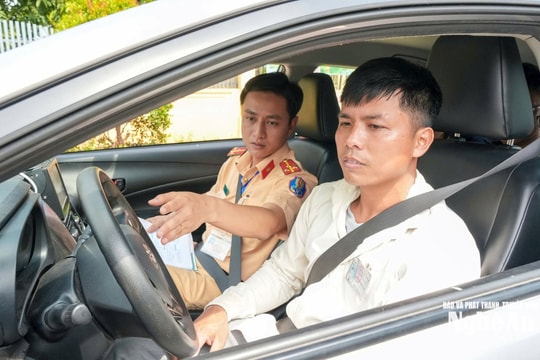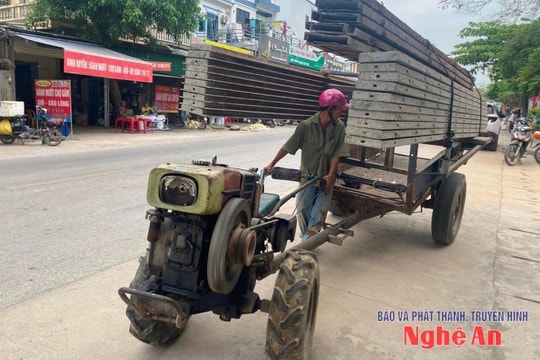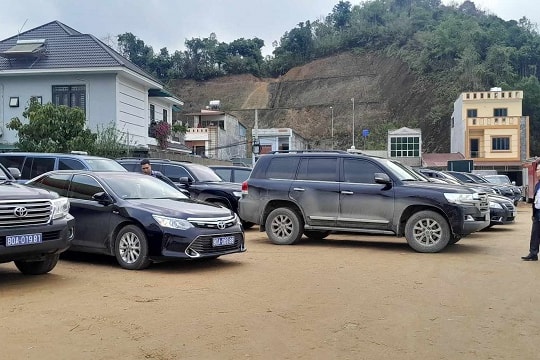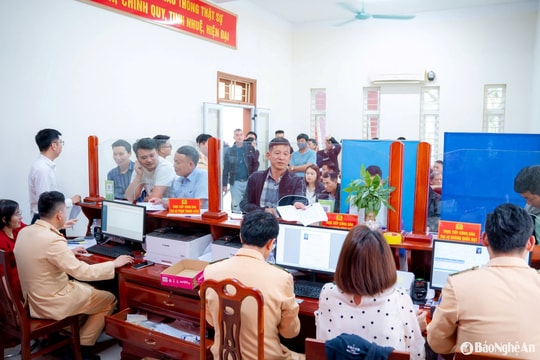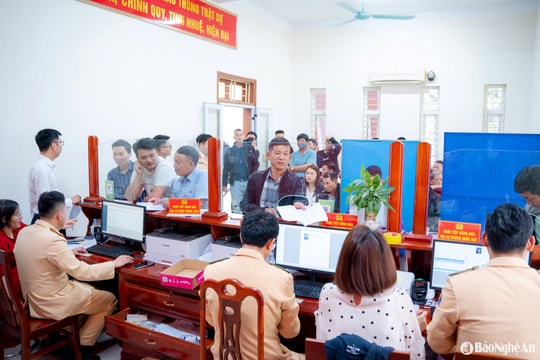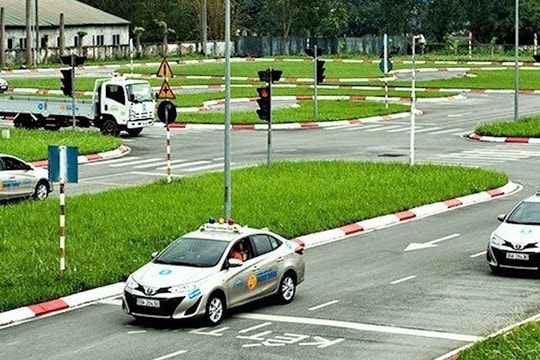Deputy Ministers and below no longer have private cars.
That was the proposal of Finance Minister Dinh Tien Dung when answering the press in the hallway of the National Assembly meeting room on the morning of October 21.
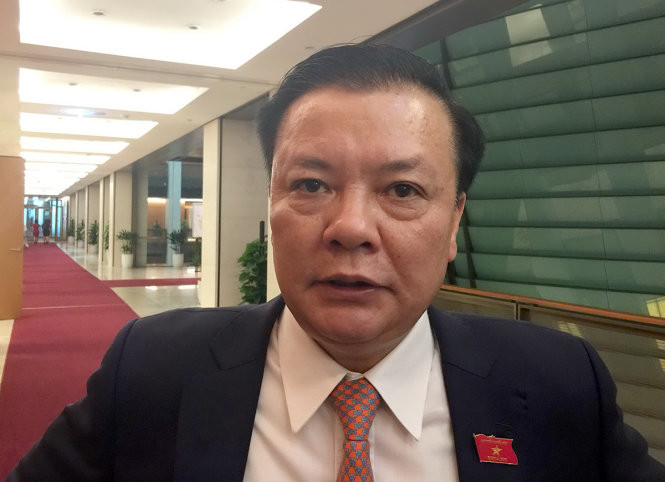 |
| Minister Dinh Tien Dung - Photo: LE KIEN |
Mr. Dung hopes to be able to apply this policy within the next year.
* Dear Minister, recently, the Secretary General of the National Assembly Nguyen Hanh Phuc commented that the vehicle allocation method that the Ministry of Finance has just implemented is ineffective, because it only allocates travel from home to the office, and has not reduced the number of vehicles and drivers. What is your opinion?
- Initially we will do that, the rest will have to be arranged step by step, because the new policy is related to people, in this case the driver team, we cannot solve it right away. The same goes for the car, it is an asset, we cannot reduce or handle it all at once.
But we do not stop at the car contract as just now. The second step is that we will propose to amend the Government's Decision No. 32 on the use and management of public vehicles in a different direction. The orientation is to monetize, that is, with standards such as deputy ministers and general directors who have long had a shuttle car policy, from now on there will no longer be such a car policy.
We will give people an example within the 5-10 million VND/month frame, so that each agency can determine specifically. At that time, if we do not buy cars anymore, we will naturally reduce the number of cars. The second direction is to be able to research and consolidate offices.
For example, the People's Committee, People's Council and even the office of the National Assembly delegation in the province are grouped into one vehicle unit to calculate the total number of vehicles, which is currently very inappropriate.
For example, the People's Council office is also supposed to have two cars but they are rarely used, while the People's Committee office has two cars to serve 3-4 vice chairmen who have to manage many jobs and travel every day, which is not enough.
So then, the cars of 3 offices will be combined into 7-8 cars for common service, no more private cars for each person.
Third, it is necessary to arrange vehicles depending on the specific conditions of each locality, associated with the specific terrain. For example, if we stipulate 700 million/car, it is okay in the plains, but in the mountains, there must be a 4-wheel drive car, sometimes it has to cost about 1 billion for people to be able to go, it must be realistic like that.
I believe that it would be good to fix it in that direction.
* What about the direction of organizing public car service units, sir?
- That is not necessary, let's socialize it ourselves. Now taxi companies provide a variety of services, we use the service when we take a taxi. When the system is monetized like that, each person gets 5-7 million VND/month, then people will pay for their own travel expenses.
* After the Ministry of Finance applied the public car allocation regime for deputy ministers and below, were they comfortable, Minister?
- This is done very seriously. People say they feel more comfortable moving around like this. Generally, people don't want society to look into it.
I think that when using public vehicles, people are basically serious, but sometimes a bad apple spoils the bunch. Some people use public vehicles for this or that purpose. When it is mentioned, the serious people themselves (PV) also feel offended.
* What is the solution for the surplus driver team after implementing this policy, Minister?
- Currently, most drivers are working under contract. We have to find a way to solve the regime for them, even apply the severance regime according to the contract. But in general, there must be a roadmap because it is related to people and their family life.
* Many other countries implement the contract system very well, like in Germany, the Prime Minister drives herself to work...
- We will do it step by step. I said that first it will be applied to the deputy minister level and below. When we have not applied this policy, each person has one car. When we apply it like this, and there are no more cars, it will be reduced a lot.
One thing I want to emphasize is that when we apply new regimes and policies, supervision by the people and public opinion is extremely important, creating pressure to ensure serious implementation.
* According to the Minister, when can this new policy be applied?
- We are proposing to amend decision 32, I think we can try to apply the new policy within the next year or so.
According to Tuoi Tre

